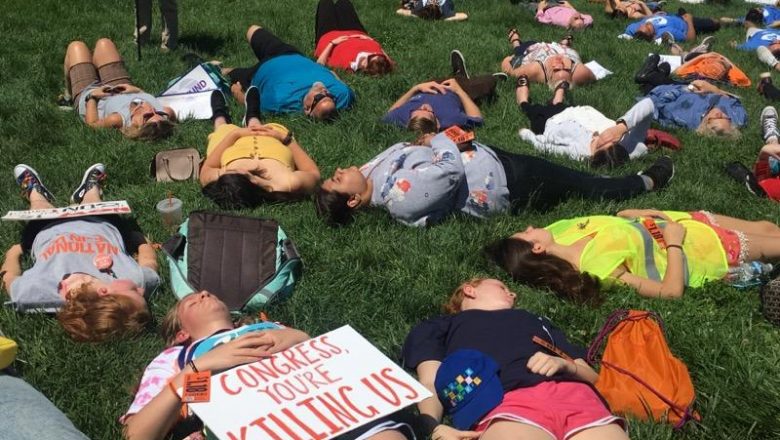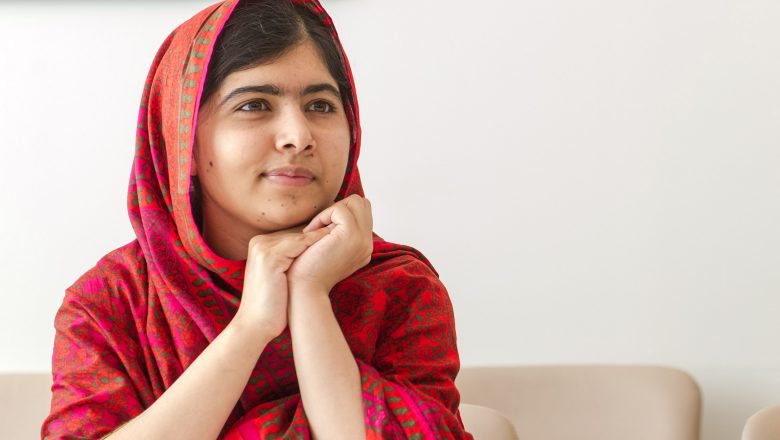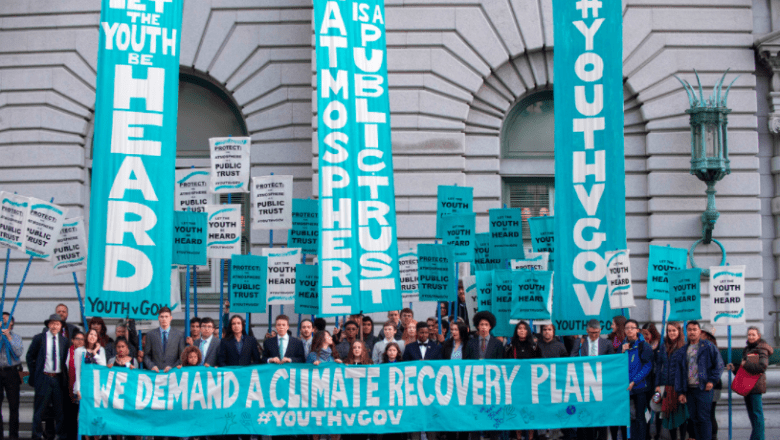Share this story:
Today is National Nonprofit Day. As you’re donating to your favorite org or volunteering your time, don’t forget all of the organizations out there founded by young people.
Here are a few nonprofits created and led by young people that are dealing with some of the most pressing issues facing our generation.
Women’s Health: PERIOD
Harvard University student Nadya Okamoto drew from her own life experiences to launch PERIOD. Her family was homeless during her freshman and sophomore years of high school, and she found that care packages for homeless women usually lacked feminine hygiene products. Okamoto and her friend Vincent Forand co-founded PERIOD in 2014 as high schoolers to fix this.
The nonprofit distributes sanitary products to people in need, and oversees outreach and education aimed at de-stigmatizing menstruation through social and legal change. Now, the org has spread to over 150 high school and university chapters that relay PERIOD’s message and work on the ground in local communities.
See also: Code Red
Mental Health: Active Minds
Active Minds is a hugely successful non-profit, launched when its founder was just a college student. It was founded by Alison Malmon in 2003 when she was a junior at the University of Pennsylvania, following the suicide of her older brother Brian.
Active Minds changed the conversation to stop the silence and stigma of mental health issues on college campuses. Now 15 years later, it has spread to over 600 campuses and is one of the leading mental health nonprofits for students. It relies on a student-to-student model, where students form their own groups to discuss issues surrounding mental health and provide support, community and resources for one another.
A1: If you feel stigma on your campus, know that you have the power to change the conversation. The proof is in Active Minds chapters across the country. https://t.co/43wqXRuKAJ #SOSchat
— Active Minds (@Active_Minds) August 15, 2018
See also: The Buddy Project
Climate Change: The Sunrise Movement
The Sunrise Movement was founded just last year. As a self-titled “army of young people,” its common goal is to curb climate change by electing a new wave of government officials that will represent the interests of the environment and reject those of fossil fuel companies.
The Sunrise Movement was founded by a team of eight organizers under the age of 30 who want to make an impact in the 2018 midterms and make the 2020 presidential election focus on climate change.
Their major initiative is the “No Fossil Fuel Money Campaign,” launched in hubs across the country. Sunrise Movement organizers are demanding that politicians and candidates refuse campaign donations from big oil by staging local protests and trying to get politicians to sign a No Fossil Fuel Money pledge, as well as a nationwide petition to be delivered on Capitol Hill in D.C. this month.
The Sunrise Movement made headlines earlier this year when 18-year-old founder Rose Strauss was called “young and naive” by Scott Wagner, a Republican candidate for governor in Pennsylvania, when she confronted him about money he’d taken from fossil fuel companies.
See also: Zero Hour
Anti-Violence: Good Kids Mad City
Good Kids Mad City takes its name from a popular song and album by Kendrick Lamar about urban violence. The group was formed by Chicago high school students in the wake of the Parkland shooting, and they staged their own demonstration on March 14, when more than 100 students walked out of North Lawndale College Prep in Chicago.
But the group isn’t just about stopping gun violence in their communities–it is more aimed at attacking the underlying causes that lead to this violence.
Good Kids Mad City fights for increased mental health services for low-income people, as well as resources like after-school programs and employment for teenagers.
The movement has expanded to other urban areas in Washington, D.C. and Baltimore, MD.
It was cool to be with @gherbo and @officialjaden at @lollapalooza but more importantly to us was all the concert goers who signed the petition for the #HadiyaPendleton H.R.810 bill to stop gun violence. Haydia’s Mother Cleo stopped by and was proud of us for uplifting her! pic.twitter.com/eGB6QBpEL6
— GoodKidsMadCity (@GKMC18) August 13, 2018
See also: PAVE
Education: Student Voice
Representative of the Millennials and Gen Xers who founded it, Student Voice is a nonprofit that started on Twitter. Launched in 2012 under #StuVoice, the group is dedicated to rooting out systemic inequality in the American education system.
According to their mission, Student Voice says these inequalities exist as “a disparity in access to opportunities and resources across schools nationwide, specifically as it relates to socioeconomically disadvantaged students and school districts.”
The org puts out a regular podcast, hosts Twitter chats, publishes student features and blogs and releases a State of Schools report. Student Voice also created a student bill of rights that highlights what equality in education should look like.
See also: Peerlift
Related stories
These 7 Anti-Gun Violence Groups Are All Led By Young People
All seven of these groups fighting against gun violence are led by young people.
Meet One of the Teen Leaders of the Youth Climate March
We sat down with one of the founding members of Zero Hour, an environmental and climate justice group founded by teens.
21 things Malala achieved before turning 21
Happy 21st birthday to Malala Yousafzai! Just look at all she’s achieved so far.
Teens Sue Government To Save The Earth
To save their future, these teens took on Uncle Sam.



